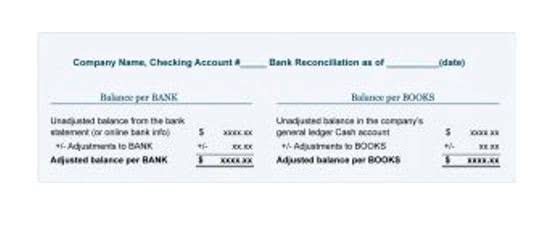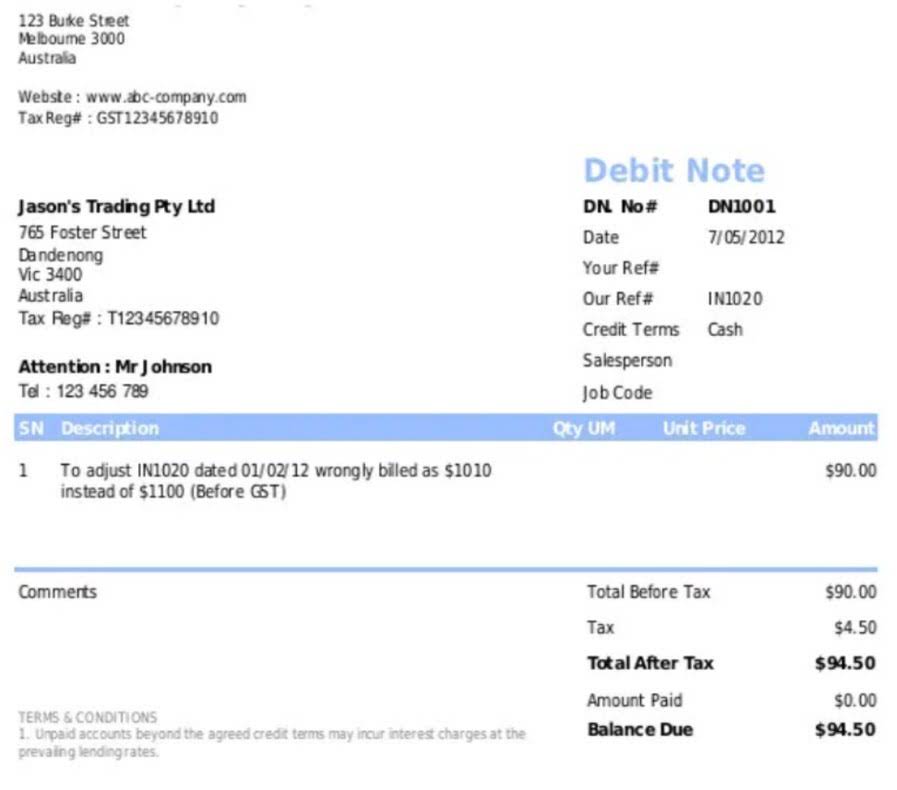For example, it may sometimes be desirable to sacrifice precision for timeliness, for an approximation produced quickly is often more useful than precise information that is reported after a longer delay. It can be argued that if in the interest of timeliness, the reliability of the information is sacrificed to a material degree, the usefulness of the information may be adversely affected. Materiality, like relevance, is not usually considered by accountants as a qualitative characteristic. Materiality is directly related to measurement and is a quantitative characteristic.
An error in inventory valuation may be material in a small enterprise for which it cut earnings in half, but immaterial in an enterprise for which it might make barely perceptible ripple in the earnings. The results of the study do not support that a substantial amount of one quality must necessarily be sacrificed or traded off in order to enhance the value of the other. Something is relevant if it’s appropriate or connected to the matter at hand.
Relevance in Accounting for Whom?
The reliability of a measure rests on the faithfulness with which it represents what it purports to represent, coupled with an assurance for the user that it has that representational quality. It is a piece of important and relevant information for the acquirer as it will influence its decision, whether paying a premium for the target company is worthwhile or not. If timely and accurate information is not provided, the acquirer might underestimate or overestimate the company, which will be a great loss for the acquirer. A company, ABC, announces that its earning per share have increased from $40 to $45.
What makes something relevant?
It follows that relevant information must be reported Relevance has been defined in accounting literature, but no satisfactory set of relevant items of information has been suggested. In this regard, an important task is to determine the needs of user(s) and the terms of information that are relevant to target user(s). Relevance is closely and directly related to the concept of useful information. Relevance implies that all those items of information should be reported that may aid the users in making decisions and/or predictions.
Ideally, financial reporting should produce information that is both more reliable and more relevant. In some situations, however, it may be necessary to sacrifice some of one quality for a gain in another. Relevance is affected by the materiality of information contained in the financial statements because only material information influences the economic decisions of its users. Relevance is a fundamental accounting principle stating that the financial information provided by a company should be capable of influencing the decisions of users.
What does relevance mean in business?
- Faithful representation is achieved when the financial information represents not just the legal form but the underlying economic substance of transactions.
- Timeliness alone cannot make information relevant, but a lack of timeliness can rob information of relevance it might otherwise have had.
- This facet of relevance helps in accurately determining the effect of choices on organizational performance.
- The relevant information also reduces decision-maker’s uncertainty about future acts.
- It is, above all, the predetermination of a desired result, and the consequential selection of information to induce that result, that is the negation of neutrality in accounting.
- Perhaps the most surprising finding is the relatively low ranking to characteristics that economic theory would suggest are particularly meaningful if financial statements are used for investment decision-making.
Materiality judgements have been partially based on an item of information’s relative size when compared with some pertinent base such as net income or revenue. Therefore, accounting facts and accounting practices should be impartially determined and reported with no objective of purposeful bias toward any user or user group. If there is no bias in selection of accounting information reported, it cannot be said to favour one set of interests over another. It may, in fact, favour certain interests, but only because the information points that way. Consistency in the use of accounting procedures over a period is a user constraint, otherwise there would be difficulty in making predictions.
It is the responsibility of management to report reliable information in annual reports. If corporate management decides to disclose uncertainties and assumptions in annual reports, they will increase the value of the information expressed therein. Reliability is considered the most important qualitative characteristic of financial statement data, comparability is considered second in importance, and uniformity is third. Timeliness is ranked sixth, ‘economic value assessment’ eight, and conservatism ninth. Perhaps the most surprising finding is the relatively low ranking to characteristics that economic theory would suggest are particularly meaningful if financial statements are used for investment decision-making. Relevance and reliability are the two primary characteristics that make accounting information useful for decision-making.
To say that accounting information has predictive value is not to say that it is itself a relevance in accounting prediction. For a company’s financial statements to have relevance they must be issued within several weeks after each accounting period ends. To achieve relevance, the financial statements will include some estimated amounts such as the accrual adjusting entries that are part of the accrual method of accounting. The pursuit of one characteristic may work against the other characteristics. It is difficult to design financial reports which may be relevant to user needs on the one hand and also free from bias towards any particular user group on the other. The qualitative characteristics should be arranged in terms of their relative importance.
Non-disclosure of limitations attached with information will mislead the users. It can be noted that the most reliable information may not be the most significant for users in making economic decisions and assessment of an enterprise’s earning power. Reliability is described as one, of the two primary qualities (relevance and reliability) that make accounting information useful for decision-making. Reliable information is required to form judgements about the earning potential and financial position of a business firm. To conclude, relevance is the dominant criterion in taking decisions regarding information disclosure.
The materiality concept implies that not all financial information need or should be communicated in accounting reports—only material information should be reported. Also, full disclosure should be made of the alternative method applied and, whenever practical, of the monetary difference resulting from deviations from the standard. To conclude, consistency is desirable, until a need arises to improve practices, policies, and procedures. Instead of enforced uniformity, accounting standards should be developed which would be best or preferred methods in most cases. Such accounting standards should be followed unless there is a compelling reason why they will not provide a correct and useful reflection of business operations and results.
In the business world, to be relevant means being an integral part of your organization, of your company, of the economy, and of the future. It means being the kind of person on whom others depend, whether for leadership, expertise, acumen, or emotional support. Relevance is how appropriate something is to what’s being done or said at a given time.





